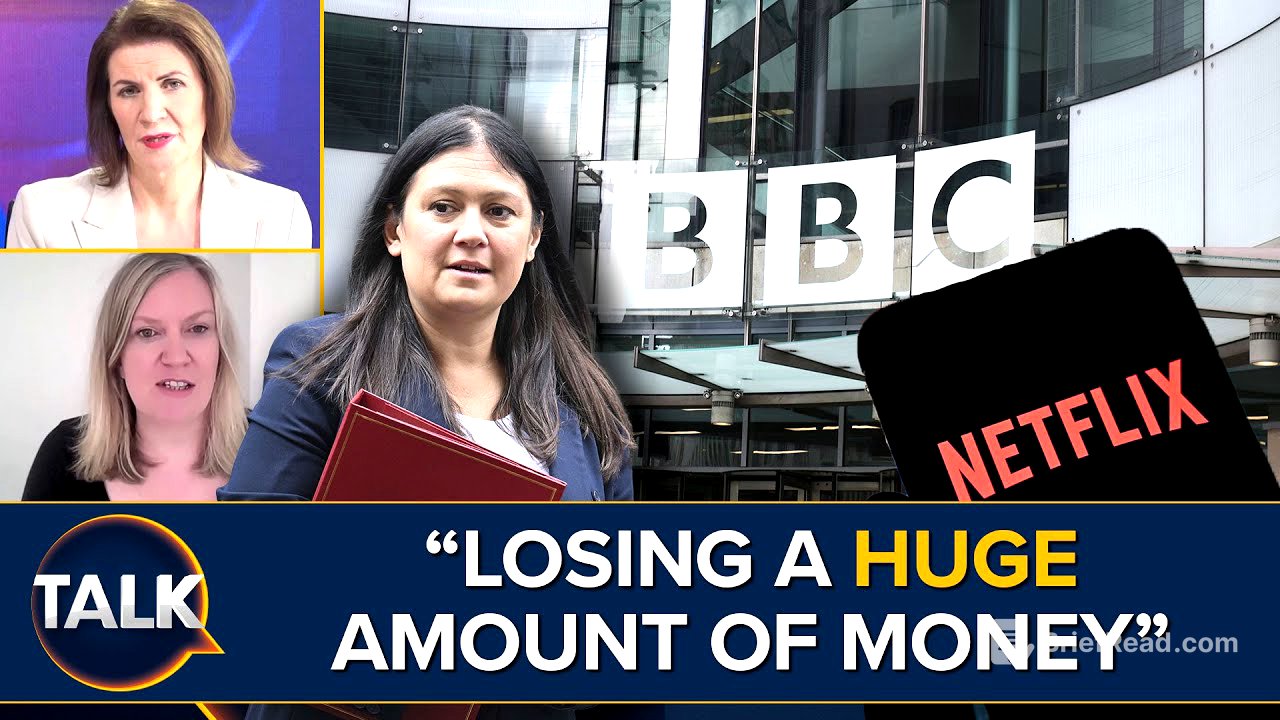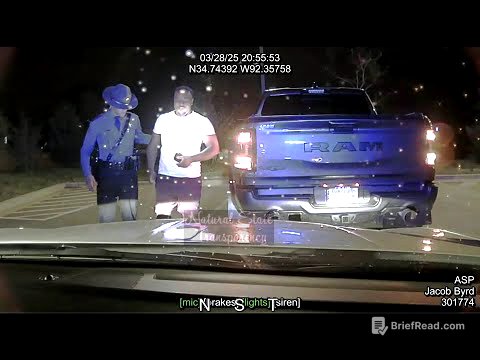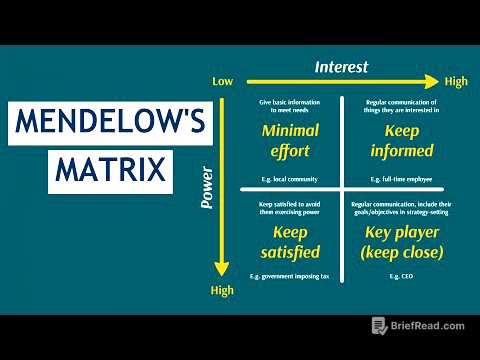TLDR;
This video discusses potential changes to the BBC license fee and the challenges of enforcing it in the era of streaming services. The conversation highlights the unpopularity of the license fee, concerns about the BBC's impartiality, and alternative funding models being considered.
- The government is considering extending the BBC license fee to cover on-demand content, which would require anyone watching streaming services to pay the fee.
- The current system is difficult to police because many people watch on-demand content and do not require a TV license.
- Critics argue that the BBC is no longer a public service broadcaster and that its coverage is often biased.
Introduction [0:00]
The discussion begins by addressing the funding of the BBC and the widespread dissatisfaction with the license fee. There is consideration within the government to broaden the scope of the license fee to include individuals who primarily use streaming services like Netflix and Disney Plus, even if they do not watch live BBC content.
Extending the BBC License Fee [0:35]
Rebecca Ryan explains that the government is contemplating extending the TV license to cover all on-demand content. Currently, a TV license is required for watching any live broadcast TV, regardless of the channel's origin, with the exception of BBC iPlayer. The proposed change would mean that any on-demand content watched would necessitate a TV license.
Challenges in Enforcing the License Fee [1:43]
The current system is difficult to enforce because many people watch on-demand content and do not require a TV license just for owning a TV. If someone claims to only watch on-demand content, authorities cannot verify this without a warrant. The proposed extension aims to address this loophole, but critics view it as a tax on content people have already purchased.
Criticism of the BBC's Impartiality [2:33]
The BBC license fee is described as an increasingly unpopular tax that many people resent paying. Critics argue that the BBC is no longer a public service broadcaster and that its coverage is often biased. Examples include coverage of Brexit, immigration, benefits, Israel-Gaza, and climate change, which is seen as misinforming and divisive.
Alternative Funding Models [4:27]
Rebecca Ryan suggests that the BBC is hesitant to become a state-funded broadcaster because it wants to maintain the illusion of independence. Alternative funding models, such as a tax on broadband, have been discussed. The increasing popularity of unlimited and faster broadband is driving more people away from live broadcast TV, making it necessary for the BBC to find new ways to secure funding.
Competing for Audiences [5:16]
Candis Holth expresses that the BBC should compete for audiences like other broadcasters. She notes the increasing number of people who primarily watch content on platforms like YouTube.









